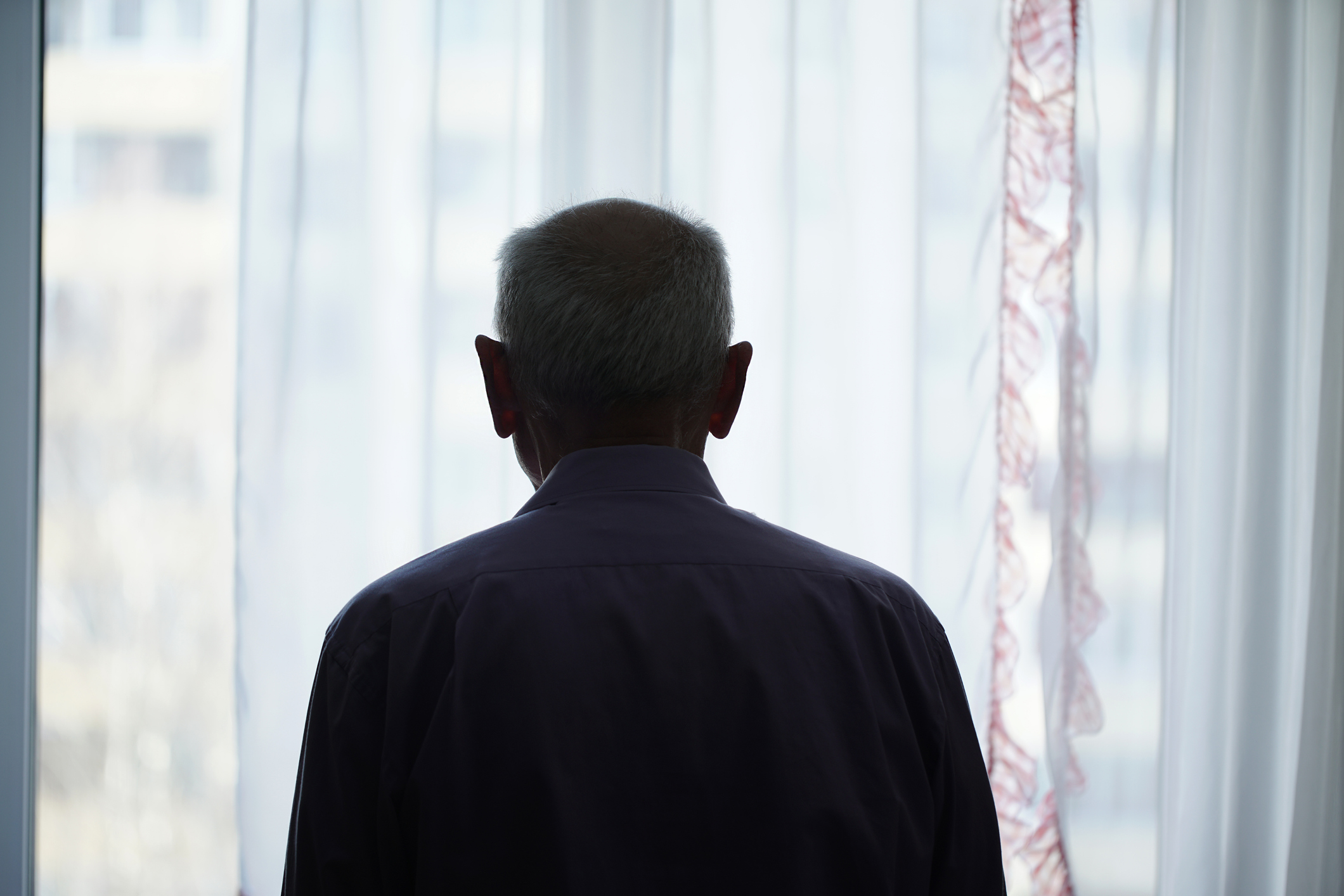Long before, and for many long after the COVID-19 pandemic lockdowns, loneliness, social isolation and lack of connection among individuals have created a public health crisis affecting about half of American adults. A new Surgeon General Advisory points to the impact of loneliness and disconnection on the mental, physical and societal health of the nation. In fact, isolation and loneliness can increase the risk of premature death comparable to smoking daily.
According to a recent U.S. Department of Health and Human Services News release, the Surgeon General’s Advisory provides a framework for a National Strategy to Advance Social Connection. The strategy details recommendations for individuals, governments, workplaces, health systems and community organizations to improve connection and boost health. Our relationships help us live healthier, more fulfilled and productive lives – prioritizing social connection as a vital public health issue can help build healthier, engaged, and more resilient communities.
According to U.S. Surgeon General Dr. Vivek Murthy, poor or insufficient social connection increases the risk of heart disease by 29 percent, stroke by 32 percent, and the risk of developing dementia in older age by 50 percent. The National Institute on Aging has noted that prolonged isolation is equivilent to the effects of smoking 15 cigarettes each day. Social isolation also increases the risk of a premature death by more than 60 percent. Loneliness and social isolation in childhood also increase the risk of anxiety and depression both in the short and long term. Addressing social connection is critical to help combat the mental health crisis affecting more than 1 in 5 adults and 1 in 3 young adults.
To help strengthen social connection, communities are urged to design environments to promote social interaction through the development of parks, libraries, playgrounds and community centers as well as providing public transportation and paid family leave. Primary healthcare providers should also be encouraged to screen for risks of loneliness and provide interventions.
Although the digital environment is able to provide much in the way of connection with others, as was demonstrated during the pandemic, there is no substitute for face-to-face social interaction. As we learn more about the consequences of social disconnection and its risks, communities can make greater efforts to boost connection – especially for vulnerable populations like elderly adults.
Read the complete advisory about the healing effects of social connection and community here.






Add Your Voice
0 Comments
Join the Discussion